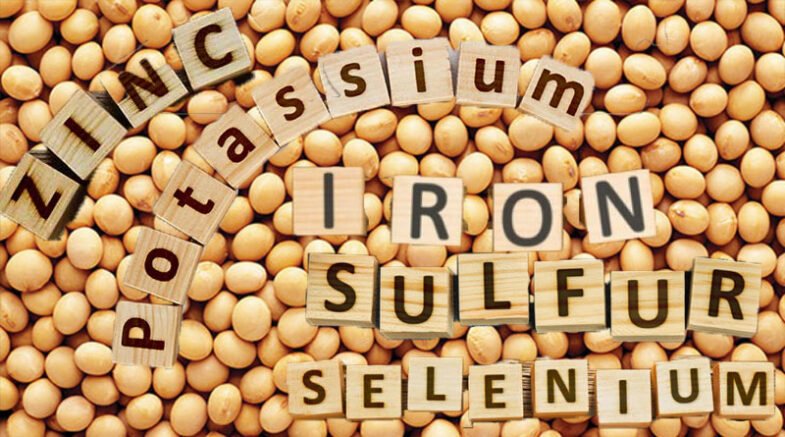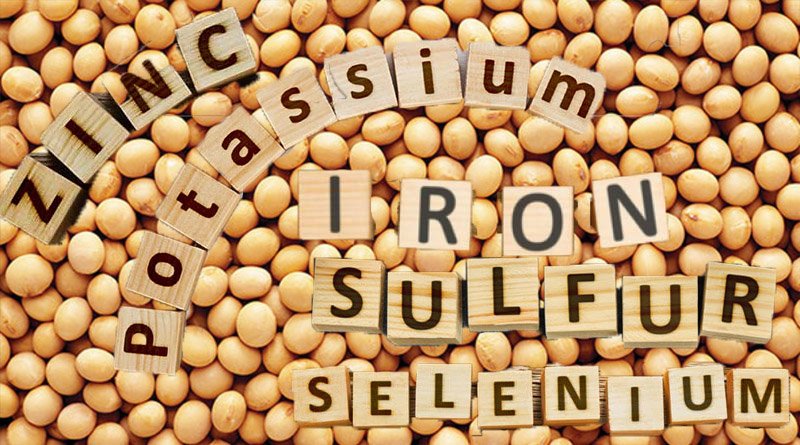Soybean is a legume that is widely cultivated and consumed around the world. It is an important source of protein, dietary fiber, vitamins, and minerals.

Soybean, scientifically known as Glycine max, is a legume that is widely cultivated and consumed around the world. It is an important source of protein, dietary fiber, vitamins, and minerals.
Soybean is also a versatile crop that can be used to produce a wide range of food and non-food products, making it an important economic commodity. In this article, we will discuss the importance of soybean, its nutritional value, health benefits, economic importance, diseases, and its export and import.
Nutritional Value of Soybean:
Soybean is a rich source of protein and minerals, containing all the essential amino acids that the body needs to build and repair tissues.
Soybeans are also rich in fiber, vitamins, and minerals, including iron, calcium, magnesium, and potassium. Soybeans contain a variety of phytochemicals, including isoflavones, which have been shown to have health benefits.
Health Benefits of Soybean:
The consumption of soybean has been linked to several health benefits, including:
- Lowering cholesterol levels: Soybean contains plant sterols that can help reduce cholesterol levels in the body.
- Reducing the risk of heart disease: Soybean is rich in antioxidants, which help protect the heart from damage.
- Reducing the risk of cancer: Soybean contains isoflavones, which have been shown to have anticancer properties.
- Improving bone health: Soybean is rich in calcium, magnesium, and other minerals that are essential for bone health.
- Promoting weight loss: Soybean is low in calories and high in protein, making it an excellent food for weight loss.
Economic Importance of Soybean:
Soybean is an important economic commodity, with a wide range of uses in food and non-food products. Soybean is used to produce soy milk, tofu, soy sauce, and a variety of other food products.
Soybean is also used to produce biodiesel, animal feed, and a variety of industrial products. Soybean is an important cash crop for many farmers around the world, and its production and trade contribute significantly to the global economy.
Diseases and Pests:
Soybean is vulnerable to a variety of diseases and pests, including soybean rust, root rot, and aphids. These pests and diseases can cause significant damage to soybean crops, reducing yields and lowering the quality of the harvested crop. Farmers must take appropriate measures to prevent and control these pests and diseases, including the use of pesticides and crop rotation.
Export and Import:
Soybean is one of the most widely traded agricultural commodities in the world. The largest exporters of soybean are the United States, Brazil, and Argentina, while the largest importers are China, the European Union, and Japan. The global trade in soybean is worth billions of dollars each year, making it an important commodity in the global economy.
In conclusion, soybean is an important crop with a wide range of uses in food and non-food products. Its nutritional value and health benefits make it an important food for human consumption, while its economic importance makes it an important commodity in the global economy.
Despite its vulnerability to pests and diseases, soybean remains a vital crop for farmers around the world, contributing significantly to food security and economic development.
